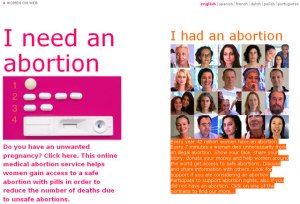By: Jeremy Laurance, Health Editor, The Independent
Thursday, 23 October 2008
Scientists have made a dramatic leap forward in the treatment of multiple sclerosis with the discovery of a drug that not only halts the disease but can also reverse it.
The discovery is being hailed as the biggest advance against the debilitating neurological condition for more than a decade and could prove effective against other, similar diseases. The MS Society said it was “delighted” by the results.
Scientists believe the drug, alemtuzumab, may also be effective in other conditions. Further studies are under way into its use in autoimmune conditions such as rhemumatoid arthritis, in which the immune system attacks itself, and in transplant surgery.



